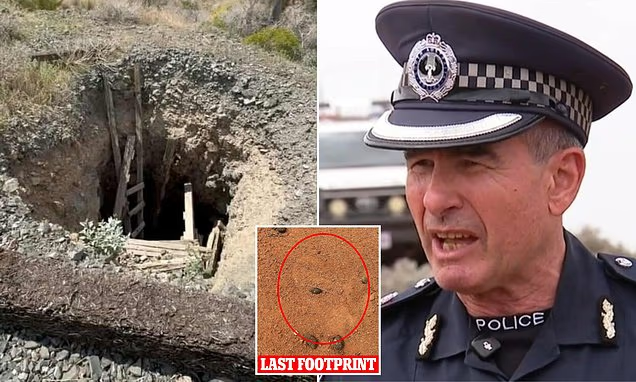In a stunning development in the case of missing four-year-old August “Gus” Lamont, authorities have reportedly uncovered major inconsistencies in the statements made by his parents — revelations that have sparked a wave of public outrage and suspicion across the United Kingdom.
According to police insiders, key elements of the parents’ timeline surrounding Gus’s disappearance in the South Australian Outback “no longer align” with newly obtained surveillance footage and forensic evidence from the family campsite.
“We are now confident that the initial version of events given by the parents was not entirely truthful,” said one investigator close to the case. “Certain claims have been directly contradicted by physical evidence — and we are following that lead.”
Police have not named the parents as suspects, but sources confirm that both were re-interviewed under caution late last night after officers confronted them with new findings. Among the discrepancies under review are:
-
The exact time the parents claimed to have last seen Gus before he vanished.
-
Phone activity recorded during the hours after his reported disappearance.
-
A missing 40-minute window that investigators now describe as “critical.”
The revelation has sent shockwaves through both the UK and Australia, where public interest in the case has soared since international volunteers joined the search effort.
Neighbors and friends in the family’s hometown in Sussex told reporters they were “stunned” by the new information.
“They were distraught, like any parents would be,” one close acquaintance said. “But if the police say parts of their story don’t match up, that’s terrifying. Everyone’s asking the same question now — why lie?”
Authorities have also confirmed that an item found in the family’s tent has undergone DNA testing, though officials declined to elaborate on whether it contained traces connected to Gus.
Detectives are now combing through financial records, phone data, and social media activity in what one senior officer described as “a methodical dismantling of the original narrative.”
The Lamont family has so far declined to make any new public statements, but their legal representative has called reports of deception “grossly misleading.”
Still, with each passing day — and each new revelation — pressure is mounting for the parents to explain why parts of their story no longer add up.
As one investigator put it:
“This case may not be about a child lost to the wilderness. It may be about something far more deliberate — and far more human.”



